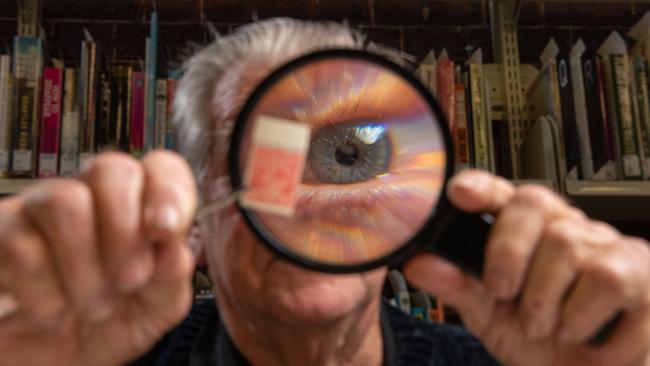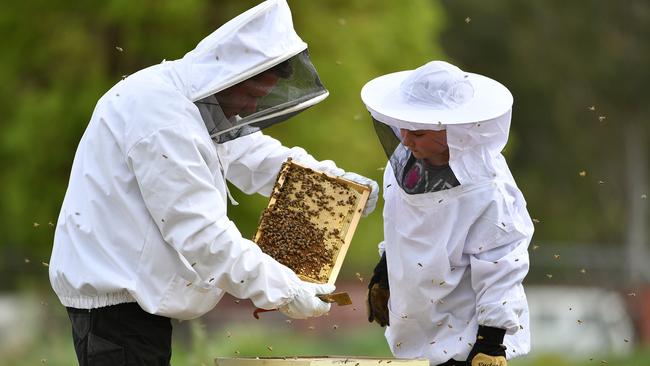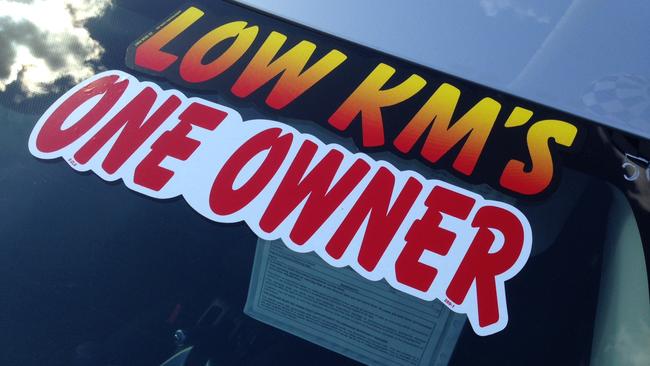Is your hobby a business? Watch out because the tax office might think so
The line between operating a financially successful hobby and a taxable ‘side hustle’ needs to be navigated carefully or you risk a ‘please explain’ from the tax office.

The gig economy has taken off over the past 10 years and for people looking to earn extra income, in most cases it has worked out well. With a few clicks of a button, you are up and running what some might call a “side hustle”.
You might get booked by a late-night diner wanting to get home safely or on a weekend job to help out an elderly couple tidy up their garden. And for anyone considering entering the gig economy the only real prerequisite is to have spare time on your hands.
It is therefore no surprise that the Australian Taxation Office taxes people who generate money from these types of side hustles; in fact it is big business for the ATO.
But what is less clear is what constitutes a “hobby”. Or to be more precise, at what point does a hobby cross the line and become a taxable enterprise in the eyes of the ATO?
We are encouraged to stay active in retirement and so it is easy to get so engrossed in a hobby to the point that you start to generate some income from it.
Maybe you have a beehive and produce more honey than your family and friends can consume, so you decide to start selling the excess on social media.

Or maybe you are a car fanatic who buys cars for fun, fixes them up, uses them for a while and then sells them – usually but not always – for a profit. What does the ATO have to say about this?
Sydney-based Bishop Collins Chartered Accountants director Timothy Ricardo says: “Ultimately it comes down to whether you have an intent to profit.
“If your hobby is solely as the name suggests a hobby, then you are more than likely OK, but where your purpose was to also generate a profit you could end up with an income tax liability.”
With advanced algorithms and vast data gathering powers, it would not be surprising if the ATO might soon be able to monitor social media accounts and online auction sites to catch out hobbyists who are doing a bit too well financially from their pursuits.
In addition to a profit intent, the ATO will look at several other factors such as the repetition and regularity of the activity as well as the volume and size of transactions, and scale of the activity.
While most people prefer to freely undertake their hobby and earn a few extra dollars without worrying about lodging tax returns on it, some actively try to turn a hobby into a business as a way to use the losses of the hobby to offset other assessable income.

But alas, the ATO is on to this “If you run a business that always makes a loss, if you answer ‘why do you continue to run the business at a loss?’ and the answer is ‘I just enjoy doing it’, then most likely you are not in business,” Ricardo says.
“Losses for hobbies are dealt with under the ‘non-commercial loss provisions’ which limit claiming losses against future profits of the same business.”
During the pandemic lockdown period the price of collectibles skyrocketed. Collectable whisky, art, sporting memorabilia and cars all experienced strong price appreciation. However, given the price of a collectable whisky starts at $200 but the price for an entry level collectable car is $20,000, some may be tempted to bankroll their passion of trading collectibles from the cash sitting in their SMSF.
“Running a business, let alone a hobby-style business for an SMSF, is problematic due to the non arm’s length income (NALI) provisions,” Ricardo says.
“A business requires a large amount of personal exertion and with small business this is rarely done at an arm’s length, which is likely to breach these rules resulting in your SMSF being penalised.”
Although every situation is different, understanding the framework within which the ATO assesses a personal hobby versus a business should be the starting point for working out whether you need to formalise the activity into a commercial operation.

If you buy and sell the odd mountain bike, bottle of wine or piece of art on an infrequent basis, these are generally capital gains tax exempt if sold for less than $10,000 and captured under the personal use exemption rules.
However, if sales activity is regular, if there is an intention to make a profit and if you have a businesslike approach to what you are doing, then the ATO is likely to determine that you should pay income tax on your hobby profits.
James Gerrard is principal and director of Sydney planning firm www.financialadvisor.com.au







To join the conversation, please log in. Don't have an account? Register
Join the conversation, you are commenting as Logout